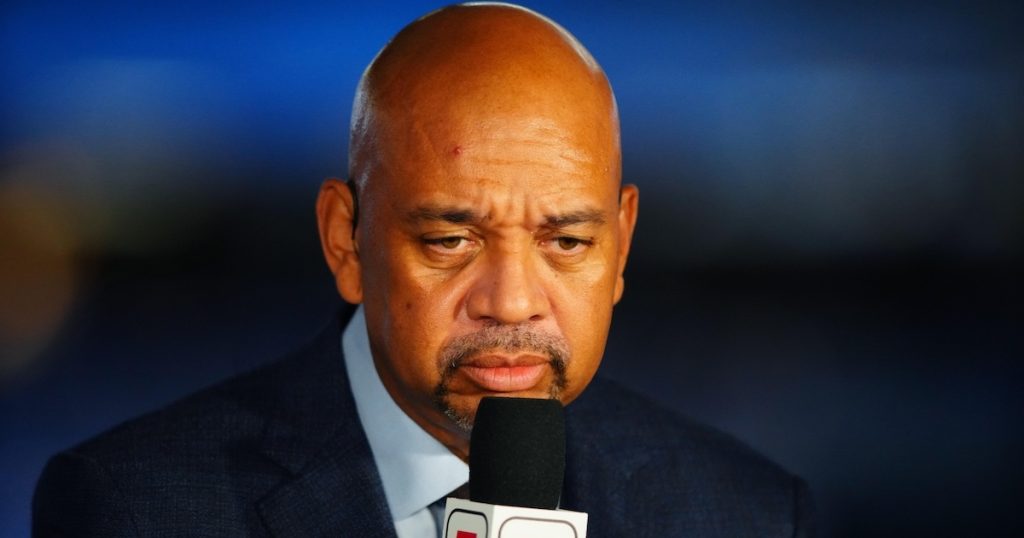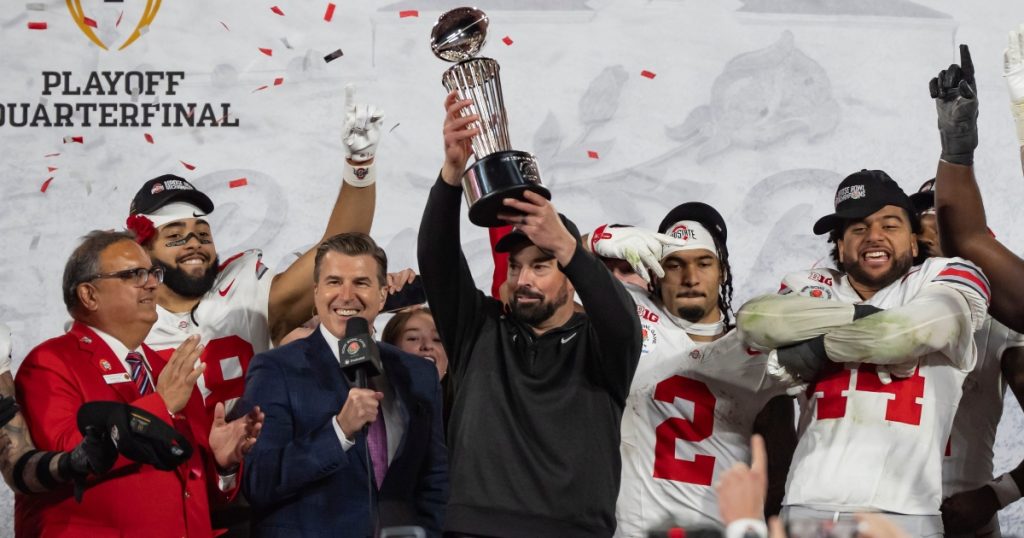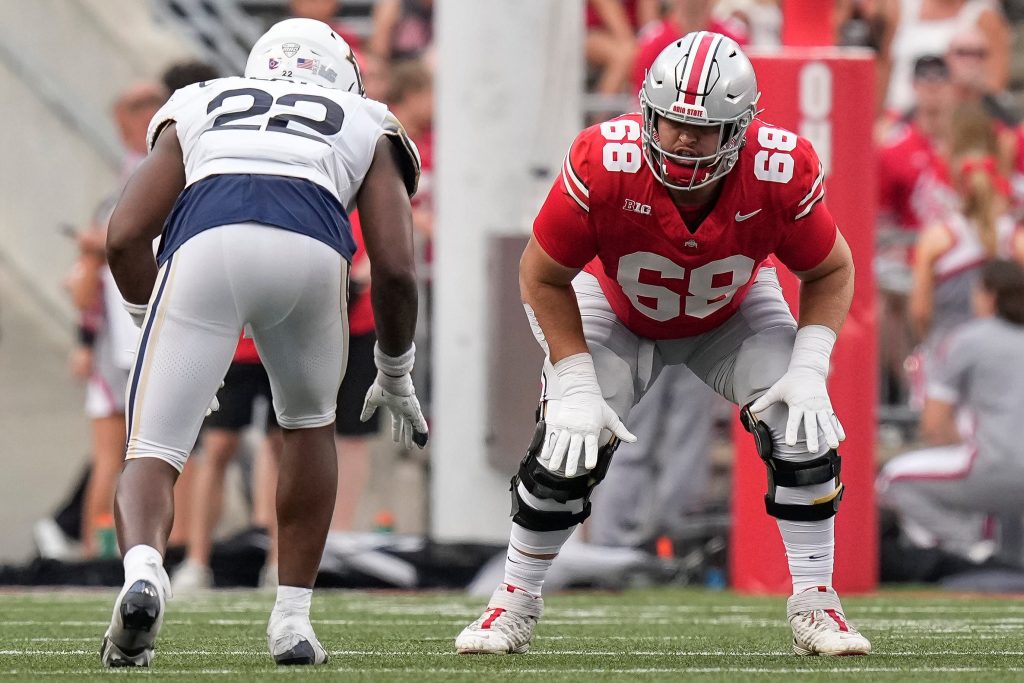In a recent discussion on ESPN’s Pardon The Interruption, host Michael Wilbon raised some eyebrows with his bold stance on the College Football Playoff (CFP). As the playoff unfolds, Wilbon is not shy about expressing his belief that the current 12-team format is excessive and unnecessary.
Wilbon’s Call for Change
Wilbon argues that an eight-team playoff would be a more suitable option, eliminating the need for byes that can disrupt team momentum. “12 is too many, and I’m going to disagree with people who are true experts,” he passionately stated. He believes that college athletes shouldn’t be pushed to play an exhausting 16 or 17 games in a single season. “That’s heinous,” he emphasized, highlighting the physical toll it takes on young players.
The Financial Incentive Behind the 12-Team Format
But why does the CFP stick with the 12-team format? According to Wilbon, it all boils down to greed. He didn’t hold back when he said, “They’re not going to go from 12 to eight because this is a greed play. It’s a money play for everybody, including this network.” This raises an important question: Are the financial benefits overshadowing the well-being of the players and the integrity of the game?
The Impact of Byes on Performance
Wilbon also took issue with the seeding process and the impact of byes on team performance. He pointed out that teams coming off a bye often face disadvantages due to rustiness. “The teams that were resting, they’re at a disadvantage. They hadn’t played in a month,” he explained. This is a critical observation, as it challenges the notion that having a bye is always beneficial.
He further illustrated his point by referencing teams like Notre Dame and Ohio State, who played more recently than others. “Notre Dame played last week. Ohio State played like 10 days earlier,” he noted. The disparity in game rhythm could significantly affect performance, making the case for a more straightforward eight-team format even stronger.
Support for a More Streamlined Tournament
Wilbon’s vision for the playoff is clear: “You seed them one through eight, addressing another one of your issues,” he suggested. This straightforward approach would allow for a more equitable competition without the complications that come with byes. By simplifying the structure, the focus could return to what truly matters: the excitement and unpredictability of college football.
Debate Among Colleagues
Co-host Tony Kornheiser offered a different perspective, acknowledging that he doesn’t share Wilbon’s disdain for the 12-team format. “I don’t hate it,” Kornheiser remarked, but he did agree that adjustments are necessary. He pointed out that the SEC is often touted as the best conference, yet teams like Tennessee and Georgia were eliminated in their first playoff games. This raises another question: Is the SEC’s dominance overstated?
Kornheiser’s observations highlight the ongoing debate about conference strength and the fairness of the playoff system. With teams from other conferences making significant strides, it’s essential to consider whether the current format truly reflects the best of college football.
Fans Weighing In
As fans watch the playoff unfold, many are left wondering what the ideal format should look like. Should it prioritize player safety and fairness, or is the allure of more teams and more games too enticing to resist? The conversation is far from over, and the passionate opinions of figures like Wilbon and Kornheiser only add fuel to the fire.
The current 12-team format has its proponents, who argue that it allows for more excitement and opportunity. However, Wilbon’s call for an eight-team playoff resonates with many who prioritize the well-being of the players and the integrity of the game.
The Road Ahead for College Football Playoff
As the College Football Playoff continues to evolve, it’s crucial for stakeholders—fans, players, coaches, and networks—to engage in this dialogue. The future of college football hangs in the balance, and the decisions made today will shape the landscape for years to come.
In the end, the heart of college football lies in its unpredictability, passion, and the spirit of competition. Whether the playoff format changes or remains the same, one thing is certain: the love for the game will always endure. The question remains, though: what will it take to ensure that love is reflected in the playoff structure?





























